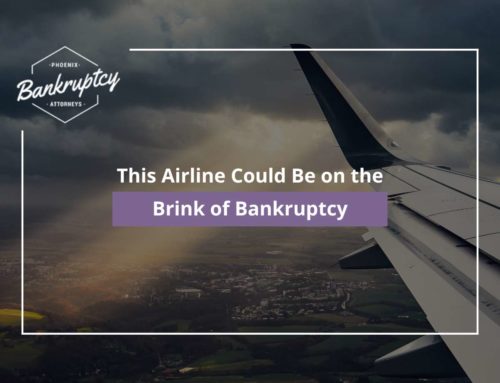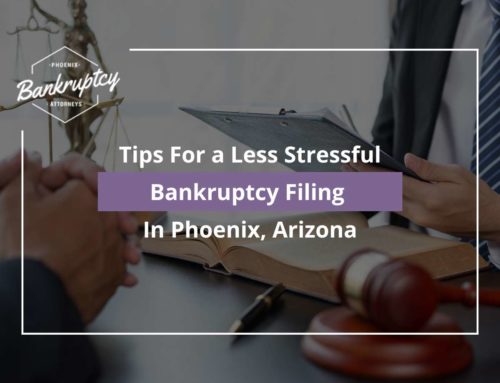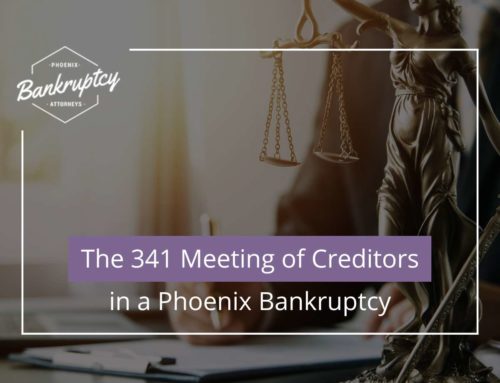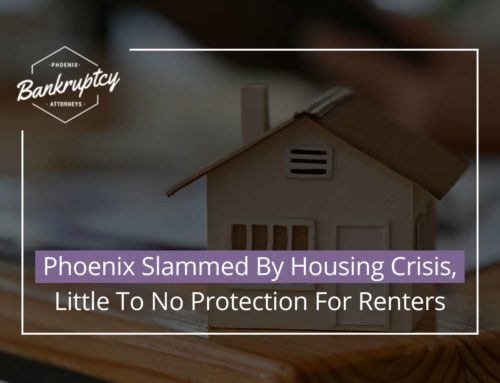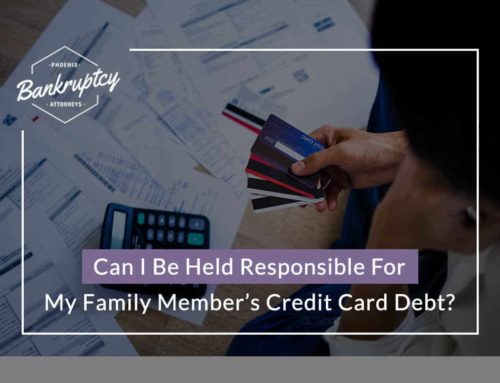 Almost daily since the start of the pandemic, the news is filled with headlines about major businesses declaring bankruptcy. The latest of these is Friendly’s Restaurants LLC, an East Coast restaurant chain with 130 locations. The eatery is famous for its fribble (hard ice cream) milkshakes and ice cream sundaes. Our Phoenix bankruptcy lawyers can assist you if you are seeking debt relief because of the pandemic. We realize many families in the Phoenix Metro Area are having financial difficulties because of Covid-19. Rest assured, our Phoenix Bankruptcy Team is ready to help you in your time of need.
Almost daily since the start of the pandemic, the news is filled with headlines about major businesses declaring bankruptcy. The latest of these is Friendly’s Restaurants LLC, an East Coast restaurant chain with 130 locations. The eatery is famous for its fribble (hard ice cream) milkshakes and ice cream sundaes. Our Phoenix bankruptcy lawyers can assist you if you are seeking debt relief because of the pandemic. We realize many families in the Phoenix Metro Area are having financial difficulties because of Covid-19. Rest assured, our Phoenix Bankruptcy Team is ready to help you in your time of need.
What Caused Friendly’s to File Bankruptcy
Like many other businesses- especially restaurants- to declare bankruptcy during the pandemic, Friendly’s cited losses from the pandemic as the number one cause. However, it wasn’t all smooth sailing before the pandemic. The chain had experimented with menu changes, new marketing strategies, and closing underperforming locations before the spread of COVID-19 caused widespread restrictions on restaurants and other businesses.
In its bankruptcy petition, Friendly’s claimed to have between $1 million and $10 million in assets, and between $50 million and $100 million in debts. However, the company didn’t state any intention to close additional locations as part of the bankruptcy. The chain has 34 corporate employees at its headquarters in Massachusetts, and 1,664 restaurant employees across its locations.
According to FIC Restaurants Inc.’s (which operates the company) Chief Restructuring Officer Marc Pfefferle, one of the main goals of the bankruptcy was to address the company’s debt problem while preserving the jobs of Friendly’s employees. All of its locations temporarily closed at the start of the pandemic, but have since reopened under applicable state restrictions. Friendly’s narrowed down a list of potential buyers down to one- Amici Partners Group- and is selling virtually all of its assets to them for $1,987,500.
How Does Chapter 11 Bankruptcy Work?
Chapter 11 bankruptcy is available to both individuals and companies, but is typically only used by those with significant assets and debts- for example, Friendly’s has a few million in assets and tens of millions in debts. Chapter 11 is more complicated than other chapters, so filing with attorney representation is essential. Those seeking the protections of Chapter 11 bankruptcy may need to retain other professional services, like financial advising firms.
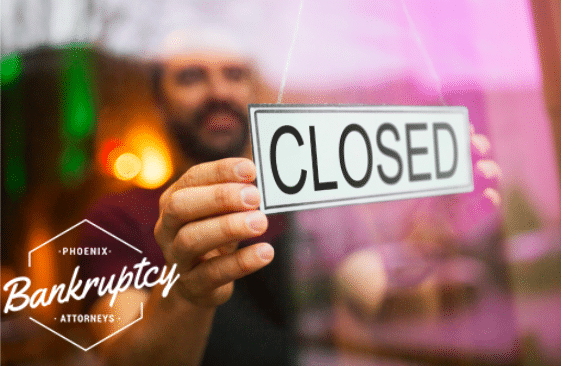 When the company files its Chapter 11 bankruptcy, its top creditors will assemble to form a committee. This committee will have decision making authority over major decisions, but ordinary operations can proceed under typical management. The company must devise a plan to address its debts. Some common methods are selling all or some of the company, major downsizing or switching from brick and mortar to online sales, and converting debts into ownership shares for its creditors. This plan must be approved by both the court and the committee of creditors. Should either object to the plan, they can draft their own proposal. When all the parties agree to a plan to restructure the company’s debts, it can begin to act on the plan and emerge from bankruptcy.
When the company files its Chapter 11 bankruptcy, its top creditors will assemble to form a committee. This committee will have decision making authority over major decisions, but ordinary operations can proceed under typical management. The company must devise a plan to address its debts. Some common methods are selling all or some of the company, major downsizing or switching from brick and mortar to online sales, and converting debts into ownership shares for its creditors. This plan must be approved by both the court and the committee of creditors. Should either object to the plan, they can draft their own proposal. When all the parties agree to a plan to restructure the company’s debts, it can begin to act on the plan and emerge from bankruptcy.
One of the benefits of a Chapter 11 bankruptcy is that the company will be protected from its creditors’ collection efforts while the bankruptcy is active. This protection is also available to individuals who file Chapter 7 and Chapter 13, called the Automatic Stay. This legal mechanism halts foreclosures, repossessions, garnishments, and more.
The Other Bankruptcy Option for Businesses
Some companies also have the option to declare Chapter 7 bankruptcy. This is only available to certain corporate structures, and has income eligibility requirements. In Chapter 7, unsecured, non-priority debts are discharged without repayment by the filer. Some assets can also be exempted, or protected from being seized and sold to pay creditors in the bankruptcy. Chapter 11 can last variable amounts of time, but a Chapter 7 bankruptcy is typically completed within 4-6 months. It is typically a much simpler process, and attorney’s fees for a Chapter 7 are a fraction of the attorney’s fees for a Chapter 11 bankruptcy. However, the main drawback is that a business that files under this Chapter must shut down for good. The owner will need to start a new business under a different name if they wish to continue operating.
Other Chains to Declare Bankruptcy Amid the Pandemic
Friendly’s is far from the first or only renowned business to declare bankruptcy since the pandemic began. Other restaurants to seek the protections of Chapter 11 include California Pizza Kitchen, Ruby Tuesday, Chuck E. Cheese Pizza, Sizzler, and Rubio’s. Fashion has been another industry to suffer, with stores like JC Penney, J. Crew, True Religion, Lucky Brand Denim, Men’s Wearhouse, Brooks Brothers, New York & Co., Anne Klein, and more declaring Chapter 11 bankruptcy. Health and fitness chains GNC, Gold’s Gym, and 24 Hour Fitness have also filed Chapter 11 petitions.
If you have your own business and are struggling during the pandemic, bankruptcy may be a helpful option for you. Learn more about the process and receive a free quote for representation today with your free initial consultation. Don’t assume that hiring a bankruptcy attorney is out of reach for you- we also offer Zero Down Post Filing Payment Plans. Call now to see if you qualify for our Arizona $0 Bankruptcy. The consultation and advice is free while talking with one of our experienced Phoenix Bankruptcy Attorneys.

